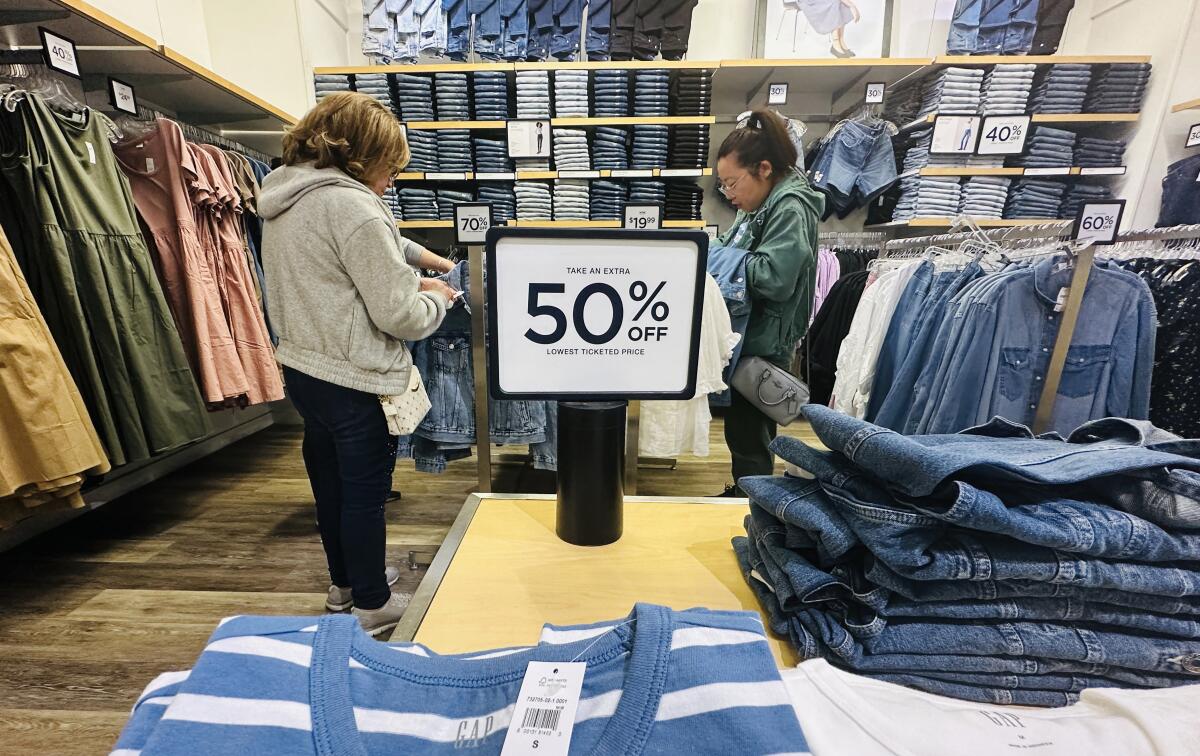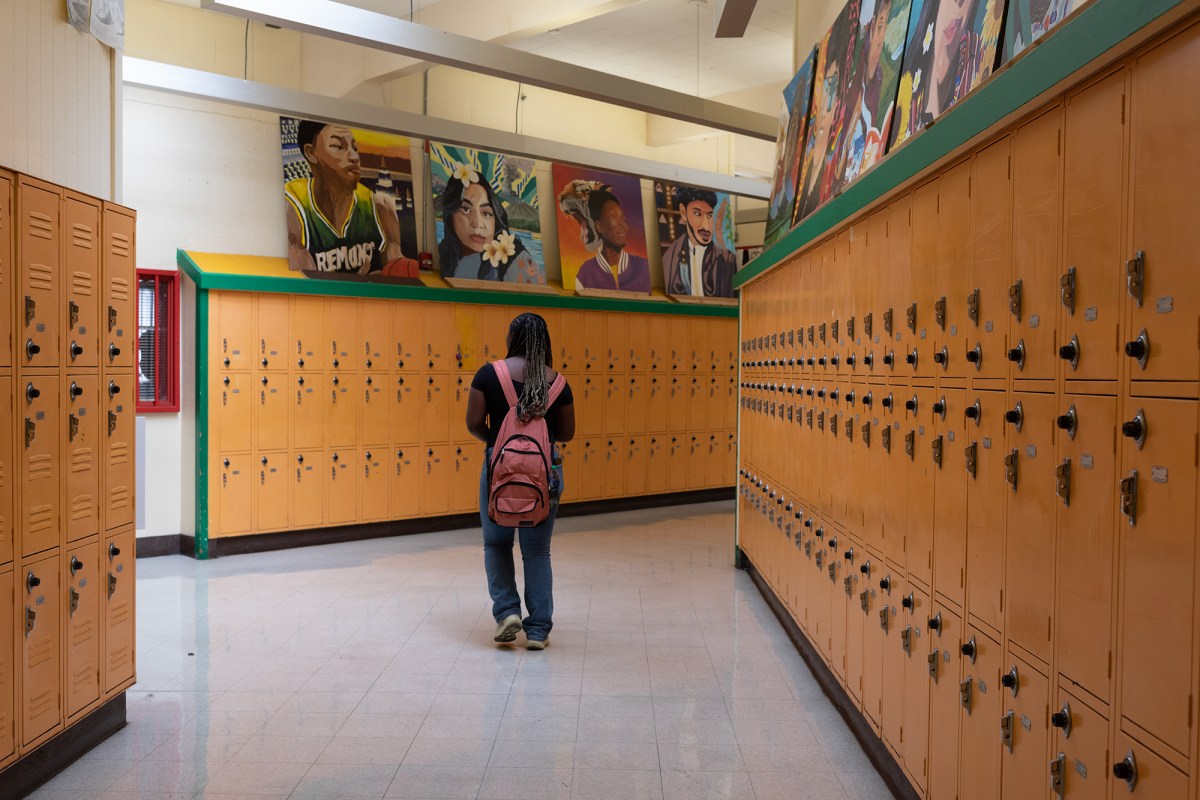Executive Summary
- Non-degree holding adults still value higher education, especially bachelor's and graduate degrees, and industry certifications.
- Financial concerns, mental health challenges, and lack of program flexibility are major barriers to enrollment and completion.
- Institutions and policymakers need to address non-academic barriers and reinforce the link between credentials and meaningful employment.
Event Overview
A recent report from Gallup and Lumina Foundation surveyed nearly 14,000 adults to assess the perceived value and barriers to higher education among individuals without degrees. The findings indicate that while a majority still view postsecondary education as essential for career advancement, numerous challenges, including financial constraints, emotional stress, mental health concerns, and the need for flexible learning options, hinder their ability to enroll and complete programs. The report emphasizes the importance of addressing these non-academic barriers to improve retention and degree attainment.
Media Coverage Comparison
| Source | Key Angle / Focus | Unique Details Mentioned | Tone |
|---|---|---|---|
| Community College Daily | Highlights the value placed on higher education by non-degree holders and enrollment trends. | Emphasizes the higher value placed on graduate and bachelor's degrees and industry certifications, along with demographic differences in enrollment likelihood. | Neutral, factual |
| Inside Higher Ed | Focuses on the barriers to higher education, such as cost, mental health, and program flexibility. | Notes a decrease in the percentage considering pursuing a degree compared to previous years, while emphasizing the link between perceived value and career outcomes. | Neutral, analytical |
| Gallup News | Concentrates on the percentage of students considering withdrawing from programs and reasons for withdrawal. | Reports a downward trend in withdrawal consideration since 2022, with emotional stress and mental health being the primary reasons. | Data-driven, informative |
| Unspecified Source | Discusses the mental health and financial pressures leading students to consider dropping out. | Suggests alternative paths to success, such as taking a year off, community college, trade schools, and online certifications. | Empathetic, advising |
Key Details & Data Points
- What: A survey reveals attitudes towards higher education, enrollment intentions, and barriers to completion among adults without college degrees.
- Who: Gallup and Lumina Foundation conducted the survey. Participants included nearly 14,000 U.S. adults aged 18-59 without a college degree.
- When: The survey was conducted in October 2024, as part of the annual State of Higher Education study.
- Where: The survey focused on U.S. adults and their perceptions of higher education in the United States.
Key Statistics:
- Key statistic 1: 57% of adults not enrolled intend to enroll in the next five years. (85% of this group is likely to enroll)
- Key statistic 2: 32% of currently enrolled students have considered stopping their coursework. (Down from 41% in 2022)
- Key statistic 3: 24% of unenrolled adults are considering an associate degree. (18% considering a bachelor’s degree)
Analysis & Context
The study highlights a persistent belief in the value of higher education among American adults, even amidst rising costs and increasing skepticism. The findings underscore the critical need for institutions and policymakers to address non-academic barriers like mental health and financial stress, which significantly impact enrollment and completion rates. The demographic disparities in enrollment likelihood and withdrawal considerations further emphasize the importance of tailored support and resources for diverse student populations. Alternative pathways, such as industry certifications and community college, may become increasingly relevant if traditional bachelor's degrees remain unaffordable or inaccessible.
Notable Quotes
The consistent link between perceived value and career outcomes underscores the importance of affordability, flexibility and student support—especially for those balancing work, caregiving or mental health struggles.
If people think it’s valuable, they’re going to still go after it. They may hem and haw, say, ‘Is this really worth it? Do I have the money? Why can’t I surmount the barriers?’ But we haven’t seen a widespread exodus away from higher education as a result of that, and that’s a testimony to the belief and the value of the credential itself.
Conclusion
While American adults continue to recognize the value of higher education, significant barriers to entry and completion persist. Financial constraints, mental health challenges, and the need for flexible learning options remain critical concerns. Addressing these issues through targeted support services, affordable alternatives, and flexible program designs is essential for improving access and success in higher education.
Disclaimer: This article was generated by an AI system that synthesizes information from multiple news sources. While efforts are made to ensure accuracy and objectivity, reporting nuances, potential biases, or errors from original sources may be reflected. The information presented here is for informational purposes and should be verified with primary sources, especially for critical decisions.









